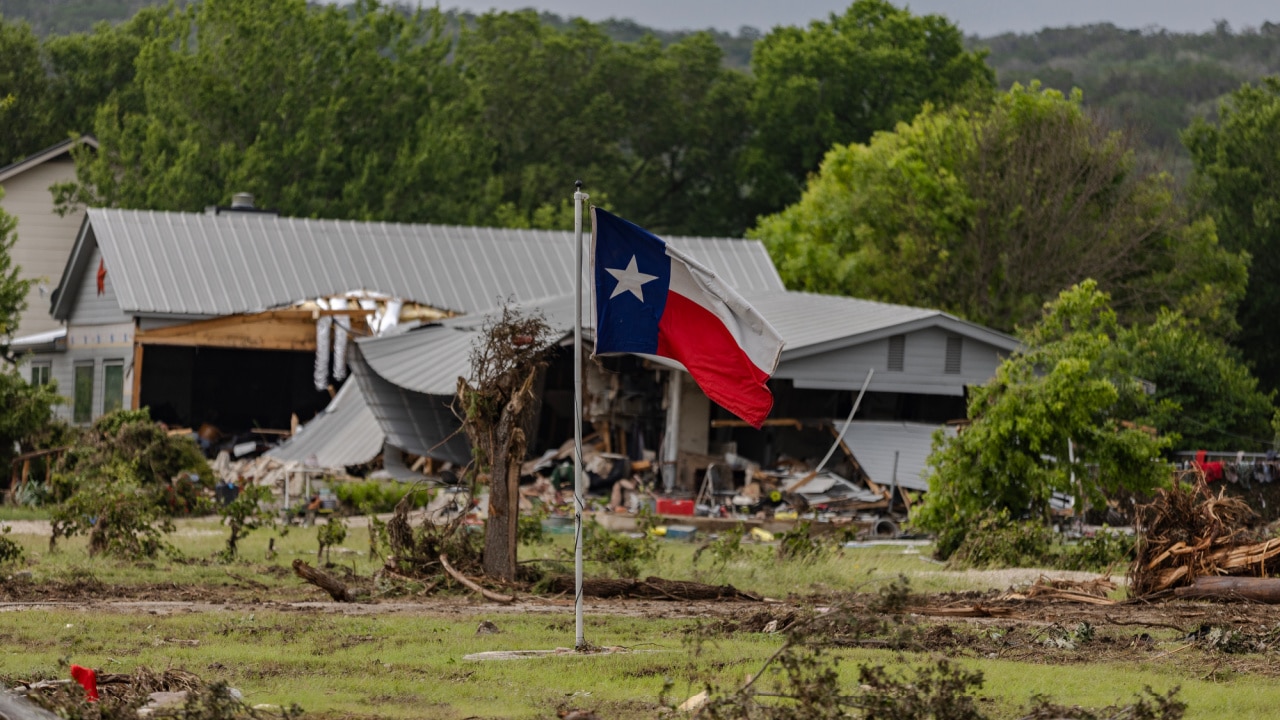An Actual Essential Worker With Insurance Was Charged $1,840 For Coronavirus Testing
No doubt, essential workers are heroes and should be treated as such.
As an essential worker, Carmen Quintero (a supervisor at a 3M distribution warehouse which ships N95 masks across the country) is a hero. Despite the current crisis plaguing countries across the globe including the one she lives in, she shows up to work and gets her job done knowing what’s at stake.
And yet, despite her hard work and bravery, she’s being treated like a third-class citizen.
On March 23 Quintero displayed symptoms of Covid-19.
A human resources staff member at her company informed Quintero she would have to go home and get tested.
“They told me I couldn’t come back until I was tested,” explained to People magazine before also sharing that she was also told that she would need to document her results. After contacting her primary care doctor, Quintero was directed to the nearest emergency room for testing. At the time her primary care doctor’s practice did not have coronavirus tests.
At the Corona Regional Medical Center, Quintero received testing from a nurse for her breathing and gave her a chest X-ray. Unfortunately, the hospital also did not have tests and she was directed by the nurse to go to Riverside County’s public health department. At Riverside, a public health worker provided her with an 800 number so that she could schedule a test.
Over two weeks later, on April 7 the county was able to provide her with the test.
“At the hospital, Quintero got a doctor’s note saying she should stay home from work for a week,” People reports. “And she was told to behave as if she had COVID-19, isolating herself from vulnerable household members.”
But by the time April 7 came, Quintero felt better and decided against getting the coronavirus test. Then she received a massive bill.
Quintero has an Anthem Blue Cross health insurance plan through her job which allows her a $3,500 annual deductible. According to People, “Corona Regional Medical Center billed Quintero $1,010, and Corona Regional Emergency Medical Associates billed an additional $830 for physician services. She also paid $50 at Walgreens to fill a prescription for an inhaler.”
For her medical care, Quintero assumed she would get the test but be able to avoid paying
After all, at the time, Congress had already passed the CARES Act which at a glance said coronavirus testing would be free. A closer look at its loopholes shows however that those who needed or wanted a coronavirus test early in the pandemic would be treated differently.
“I just didn’t think it was fair because I went in there to get tested,” Quintero explained.
While some insurance companies have chosen to voluntarily wave or reduce copayments for COVID-related emergency room visits, Quintero says her insurer refused.
“Anthem would not discuss the case until Quintero signed its own privacy waiver; it would not accept a signed standard waiver KHN uses,” People reported. “The hospital would not discuss the bill with a reporter unless Quintero could also be on the phone, something that has yet to be arranged around Quintero’s workday, which begins at 4 a.m. and ends at 3:30 p.m.”
Despite returning to work, Quintero’s insurance company and the hospital that treated her have refused to wave the charges sent to her. Her “payment reminders” turned to “final notices” and as such “she reluctantly agreed to pay $100 a month toward her balance — $50 to the hospital and $50 to the doctors.”
“None of them wanted to work with me,” Quintero explained. “I just have to give the first payment on each bill so they wouldn’t send me to collections.”
The lesson? Even in these hard times, heroes are not being given breaks. Take caution if your physician urges you to go to the emergency room for a COVID test. After all, any additional care you get there could come with a big price tag.




